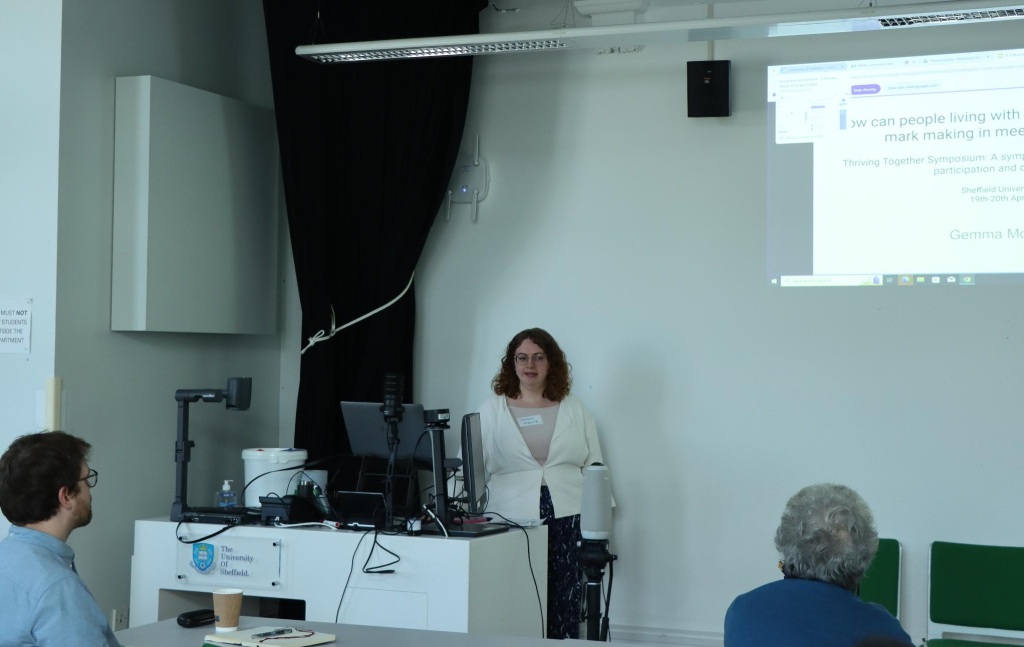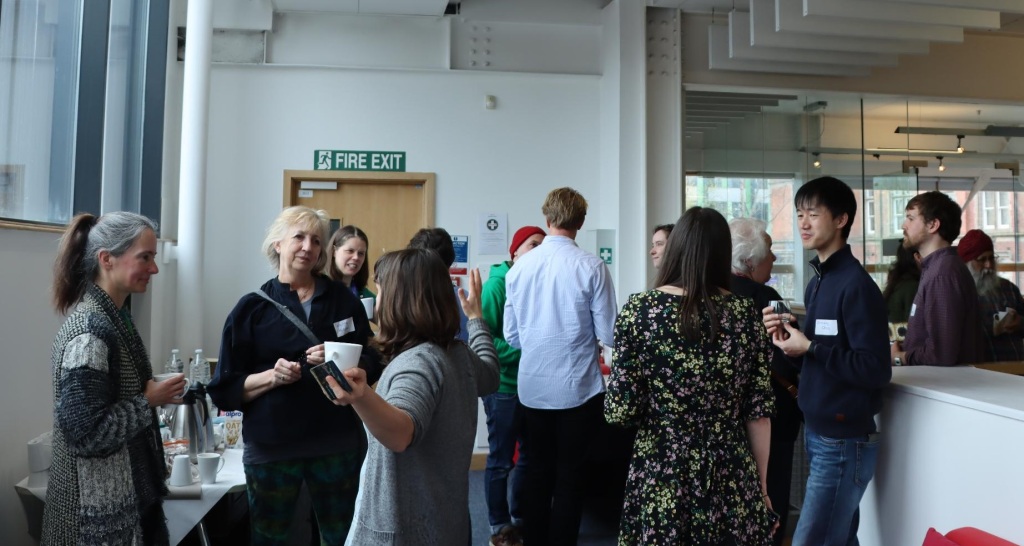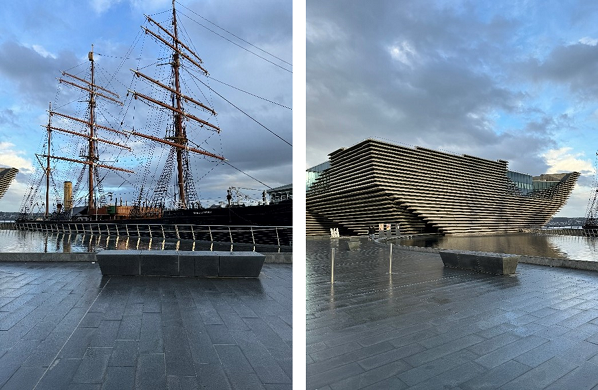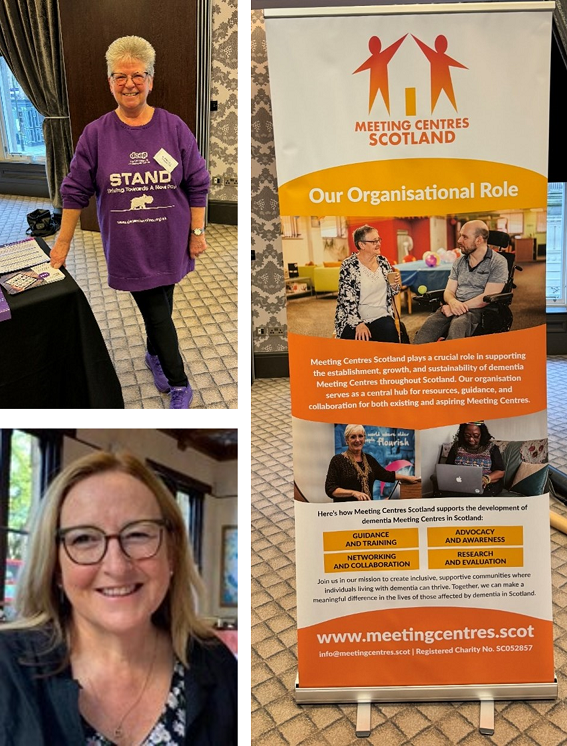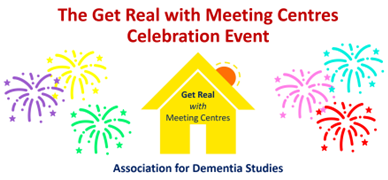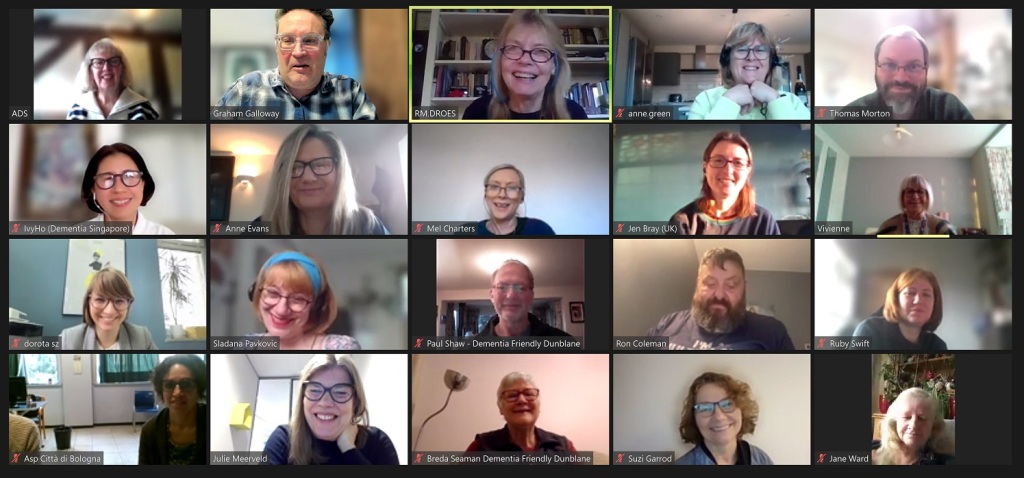This week we had over to Mel Charters from Agewell CIC, who is involved in running Meeting Centres in the Sandwell area. She’s written about her experiences of aromatherapy and its benefits. Over to you Mel…
Christmas is approaching!
And it brings with it the scents and fragrances so evocative of warmth: cakes, mulled wine, pine trees and log fires. At times of festivities and celebrations in all cultures, we share a rich history of the use of herbs, flowers resins and spices and their derivative of both for culinary, medicinal, and therapeutic properties. Fragrance has the power to evoke memories and associations, to support in creating an atmosphere of calm and relaxation, to help uplift the spirits and sharpen awareness.
With such a vast catalogue of traditional usage dating back centuries and many journals, books, and evidence available to use on the use of traditional ‘complementary therapies’ including Aromatherapy, I would advise anyone interested in the subject to access some of the links within this article.
As a definition for this article, the word ‘Aromatherapy’ relates to the use of oils derived from plant-based resins, herbs, spice, and flowers by various means of extraction (steam distillation, pressed for example) yielding an Essential Oil which can then be used therapeutically for environmental fragrance, massage, compresses, inhalation and skin care.
As an Aromatherapist and Holistic Practitioner I have worked with essential oils within one-to-one therapy sessions, workshops, and adult learning environments. I was fortunate to be part of Living Well in Sandwell some years ago, offering Aromatherapy, Mindfulness, and access to Light boxes as part of a three-year Lottery Funded Project, working with people from 6 months to 90 plus! Many people presented with symptoms of stress, manifesting both physically and mentally and achieved good outcomes which we recorded via quantitative and qualitative measures.
Over the years I have witnessed first-hand the positive outcomes of using oils therapeutically and, importantly, supporting people to gain more autonomy over their wellbeing. Some of the most popular oils I have used have been Neroli, Lavender, Black Pepper, and Patchouli. There is an oil called Vetivert (‘the oil of tranquillity’) which has great qualities and is very widely used in the fragrance industry, but it is rather powerful and earthy. Definitely a ‘Marmite’ oil and less is definitely more!
This serves to illustrate that fragrance is very individual, and that responses can be determined by personal preferences but also a particular association.
The use of fragrance on cognition and mood can help support people who may be anxious, agitated or have difficulty sleeping for example. A familiar and welcome fragrance, can help restore equilibrium, working on many levels physiologically, the components of the oils having very specific properties which for example can impact the nervous, digestive, and respiratory systems.
More recently I delivered a small workshop to our members at our two Meeting Centres where we shared oils and some spices which people had to identify and also share what feeling or memories the fragrances provoked. The groups consisted of people living with dementia and carers. The sessions were well received and promoted a lot of discussion around self-care, family memories and traditional remedies including camphor packs, menthol crystal inhalations and clove oil for toothache!
A gentleman with vascular dementia queried whether his diagnosis might affect his sense of smell and fragrance recognition. Orange oil went down very well that day! I think we all needed a lift and a bit of cheer!
By introducing this topic, we can support people by means of therapeutic intervention, whether it be via an interactive workshop, hands on Taster sessions or to help inform and enable their own interest or self-study, to use at home.
On to some Top Tips!
Purchase from reputable suppliers (oils can be adulterated with a cheaper oil). Follow advice on how to use and store correctly (oils are very concentrated and can be harmful if not use correctly).
Permissions are very important around safe touch e.g., hand/shoulder massage. Checking for allergies or aversions to particular fragrances, are part of good practice if introducing into the environment.
Follow your nose!! If an oil calls your name, it may be that you need the particular benefit on any given day! E.g., Orange Oil is good for low mood, Peppermint Oil can help revive when we are flagging, Neroli for stress management, Frankincense to support meditation and the respiratory system.
Research/Evidence Base
Anyone familiar with research methodologies will understand the barriers that can be faced within the area of Complementary Therapies in terms of acceptability of data outside of a clinical context and the limitations within the funding landscape. There is a huge amount of anecdotal evidence of traditional usages and within our current Health Service we offer therapies as part of Oncology Support for example. The Christie Hospital in Manchester has a long history of offering Complementary Therapies to patients as well as contributing to research, development, and training practitioners.
Outcomes are unique to each individual in terms of their response, and other factors influencing the outcomes include the holistic framework of the intervention and the starting point of the individual.
I have listed more scholarly articles available on Pubmed and some sites specifically around Aromatherapy, in addition to information on Getwell UK which was a UK government-funded trial project delivering Complementary Therapy interventions within the community and with the co-operation of GPs in Northern Ireland.
Ok well let’s get cracking on those orange pomanders for Christmas!
For those not familiar, these are oranges studded with cloves and then decorated and dried. They originate from the Elizabethan period when they were carried by the rich to offset the impact of unwashed bodies beneath the finery!
They provide a fabulous warm spices citrus fragrance, and as a bonus clove oil is a powerful anti-bacterial and anti-microbial and the activity itself can be great for groups (bit hard on the thumbs though pressing the cloves in…we are ordering some thumb protectors!)
Thanks for sharing this with us Mel. I don’t know about anyone else but I can practically smell the oranges!
Connect with ADS on twitter @DementiaStudies and on Facebook @adsuow
We’re also venturing into Instagram and Threads, so have a look and find us there too.
